This study describes multiple possible pathways for the U.S. to reach net- zero and net-negative CO2 emissions by 2050 in line with the Paris Climate Agreement and demonstrates that "the U.S. can reach zero net CO2 emissions from energy and industry in 2050 at a net cost of 0.2-1.2% of GDP, not counting the benefits of avoiding damages from climate change or the health benefits from improved air quality," according to the publication announcement.
The announcement also states: "All pathways employed four basic strategies: energy efficiency, decarbonized electricity, electrification, and capturing carbon. Least cost pathways were based on >80% wind and solar electricity plus limited thermal generation for reliability. A 100% renewable primary energy system is feasible at somewhat higher cost and land use ... The actions required in the next 10 years are known with high confidence and align with those found in other recent work, including Princeton’s Net Zero America Project. The highest-priority near-term actions are similar across all the modeled pathways and have clear quantitative benchmarks for policy:
- Renewables buildout (>500 GW total wind and solar capacity by 2030)
- Coal retirement (<1% of total generation by 2030)
- Maintaining current nuclear and natural gas capacity
- Electrification of light-duty vehicles (EVs > 50% of LDV sales by 2030) and buildings (heat pumps >50% of residential HVAC sales by 2030)."

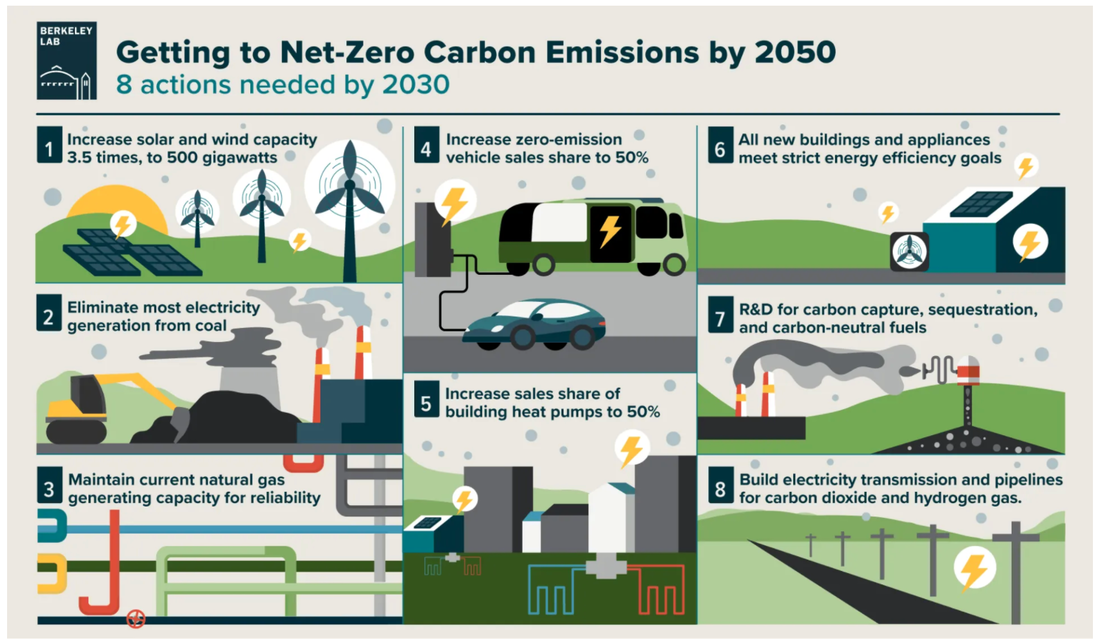
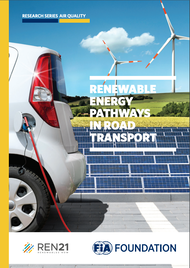
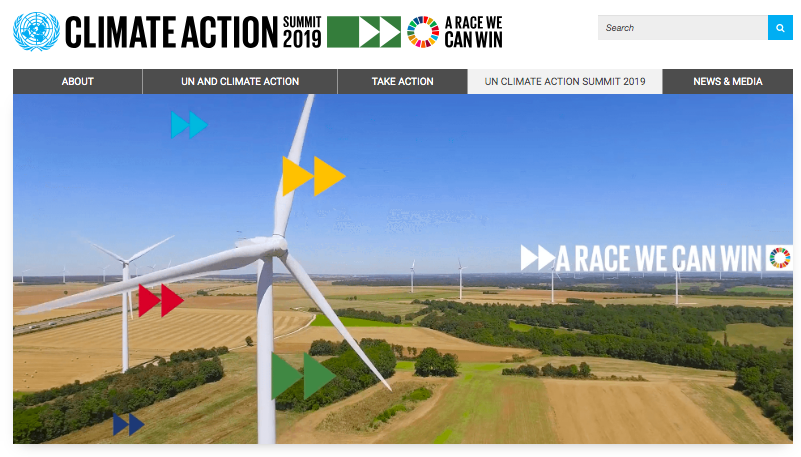
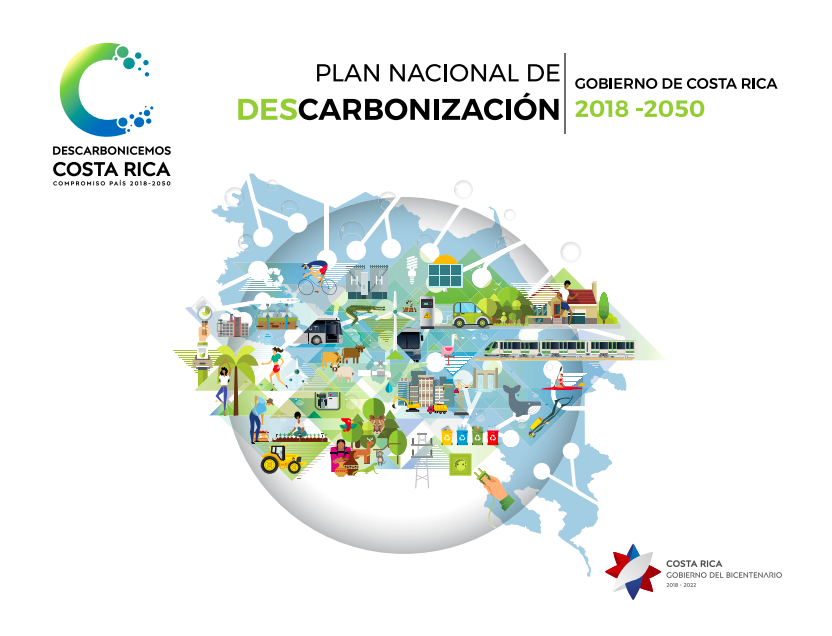
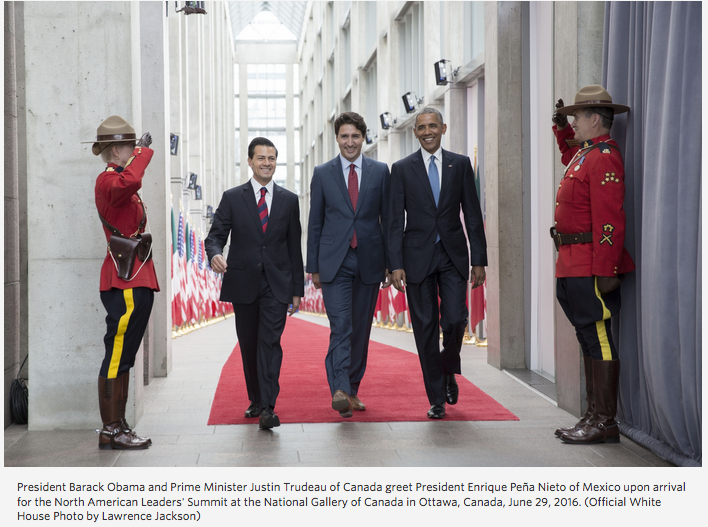
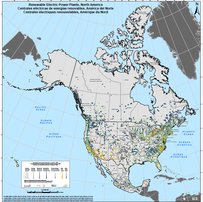


 RSS Feed
RSS Feed